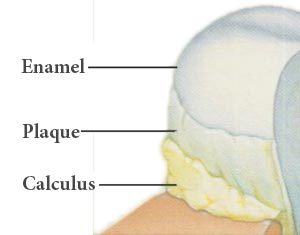Family Dentistry in Apex, NC
Comprehensive Dental Care from Infants to Adults
At Hansen Dentistry, we believe that great oral health starts with compassionate, high-quality care for every member of your family. From a child’s first visit to ongoing care for adults, Dr. Rylan Hansen is the trusted Apex dentist near you. With a family-friendly approach and modern technology, we help ensure your entire family enjoys healthy, beautiful smiles for life.
Why Choose Hansen Dentistry for Family Dentistry?
- Care for All Ages: From infants to seniors, we provide personalized care tailored to the unique needs of every stage of life.
- Modern Technology: Equipped with state-of-the-art tools and techniques, we ensure safe, effective, and efficient care for your family.
- Friendly & Welcoming Atmosphere: Our team creates a relaxing environment so even the youngest patients feel comfortable during their visits.
- Trusted by Families: As one of the best dentists in Apex, Dr. Hansen is known for his dedication to patient care and long-lasting relationships.
Family Dentistry Services We Provide
We offer a wide range of services to meet the needs of your entire family, including:
- Routine Cleanings and Exams: Keep your family’s smiles healthy with regular preventive care.
- Fluoride Treatments and Dental Sealants: Protect teeth from cavities and decay.
- Restorative Care: From fillings to crowns, we restore function and beauty to damaged teeth.
- Cosmetic Dentistry: Enhance your smile with services like teeth whitening or Invisalign.
- Emergency Dentistry: We’re here when you need us most, offering prompt care for dental emergencies.
A Family Dentist Who Understands Your Needs
As a father of four, Dr. Hansen understands the importance of finding a dentist who can meet the needs of the whole family. At Hansen Dentistry, we make it easy to coordinate care for your loved ones, so you can spend less time managing appointments and more time enjoying life.
Find Your Trusted Apex Dentist Near You
Experience the difference of personalized, family-focused care at Hansen Dentistry. Call (919) 363-8444 or submit a request form on our website to schedule an appointment. Discover why families trust Dr. Rylan Hansen as the best dentist in Apex for their dental care needs.



